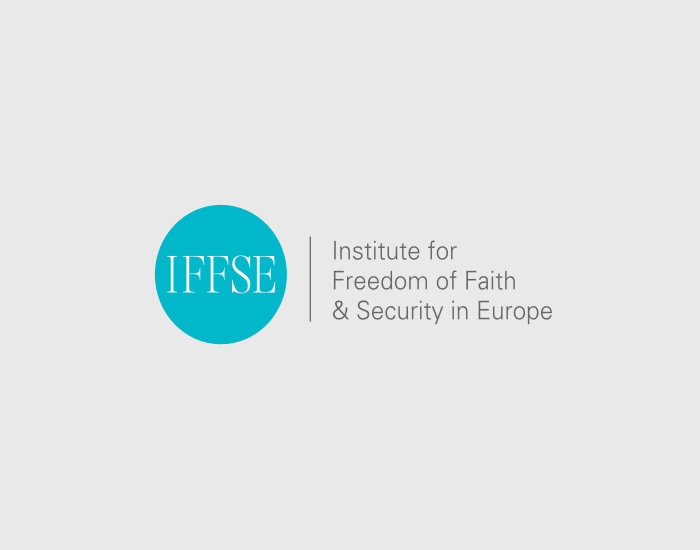(Munich – February 17, 2023) – The Chief Rabbi and the President of the Conference of European Rabbis, Rabbi Pinchas Goldschmidt and the Chairman of the Abraham Accords Institute, Minister-President ret. Armin Laschet MP hosted a high-level lunch debate at this year’s Munich Security Conference titled “New Perspectives on Cross-Cultural Relations and Regional Integration in the Middle-East”.
Two years ago, the Abraham Accords were signed. Now there is war in Europe. This sad fact once again highlights the importance of cross-cultural relations and the need to keep diplomatic channels open. The Abraham Accords contribute to this. After decades of rejection and hostility, diplomatic relations were established between the United Arab States and Israel.
The debate focused on the questions of the progress and future potential of the Israeli-Arab rapprochements, and what role the intercultural exchange played for the successful implementation of the Abraham Process. It has brought considerable impetus to regional relations and exchanges between the signatory states’ civil societies. “The great changes which happened in the Middle East, unbelievable changes, not only externally, not only relations between countries or different faiths but the internal changes of those countries have transformed the Middle East”, Chief Rabbi Goldschmidt said, who is also the initiator of the Institute for Freedom of Faith and Security in Europe (IFFSE).
After an initial highlighting of successes, the international leaders and experts were emphasizing the remaining options for action. “The Abraham Process is such an important process but nobody in the European Union or in Germany knows about it. We need to create awareness and find ways in the EU and Germany to support this process.” Armin Laschet stressed during the debate.
Europe and the West also benefit from the Abraham Process, as it lays a basis for security cooperation in the Middle East, among other things, to counter radicalization, religiously or politically motivated extremism and to create more security beyond the region. Yoav Galant, Minister of Defense of Israel, pointed out that this year, global priorities had shifted, and that we had been forced to confront difficult questions like how do we define security, what is the best way to achieve it, and with whom do we want to do it. We had learned that security depended on our ability to cooperate and unite. When he was asked about his position to Iran he said: “When I speak of preventing Iran from getting nuclear weapon we must keep all possible cards on the table. While others want to destabilize the region we see an opportunity to derive in building a future of security and prosperity.”
Mariam Almheiri, Minister of Climate Change and Environment in the United Arab Emirates added “The Abraham Accords are a game changer. We have to focus on common things that unite us and not on what distinguishes us, so that we are able to communicate and understand each other. That’s a step towards peace.”
Dr. Shaikh Abdulla bin Ahmed bin Abdulla Al Khalifa, Undersecretary for Political Affairs, Chairman of the Board of Trustees of the Bahrain Center for Strategic, International an Energy Studies “Deserat” called the Abraham Accords a model for worldwide peace. Yoav Galant, Minister of Defense of Israel, concluded on the future of the Abraham Process: “I’m optimistic about the future. But to ensure peace between the Gulf States we have to foster education.”
Speakers on the lunch debate included: Dr. Shaikh Abdulla bin Ahmed bin Abdulla Al Khalifa, Undersecretary for Political Affairs, Chairman of the Board of Trustees of the Bahrain Center for Strategic, International an Energy Studies “Deserat”, Yoav Galant, Minister of Defense of Israel, Armin Laschet, MP and Mariam Almheiri, Minister of Climate Change and Environment in the United Arab Emirates. International journalist and anchor Ali Aslan moderated the panel.

